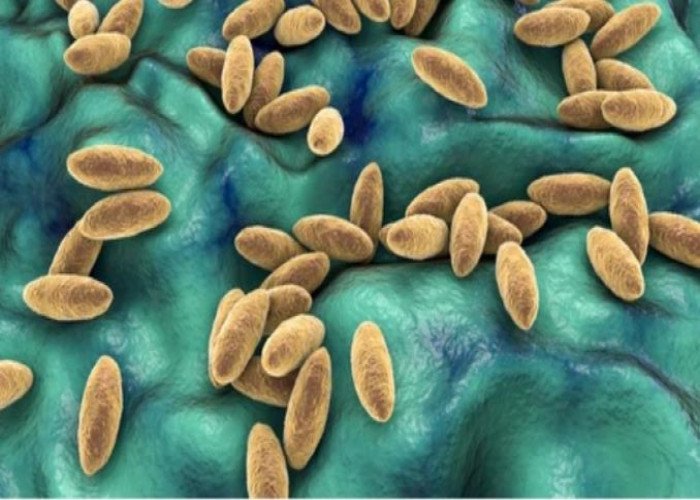 Welcome
Welcome
“May all be happy, may all be healed, may all be at peace and may no one ever suffer."
Brucellosis

Brucellosis is an infectious disease caused by bacteria of the Brucella species, which can infect both animals and humans. The disease is typically transmitted to humans through direct contact with infected animals or consumption of contaminated animal products such as raw milk or cheese. Symptoms of brucellosis may include fever, fatigue, sweats, joint pain, and headaches, among others. The disease can be treated with antibiotics, although some strains of Brucella can be difficult to treat. Prevention measures include avoiding contact with infected animals and their products, practicing good hygiene, and using appropriate protective equipment such as gloves and masks. Brucellosis is a reportable disease in many countries and should be reported to public health authorities to prevent its spread.
Research Papers
Disease Signs and Symptoms
- Fever
- Headaches
- Joint pain
- Muscle pain
- Fatigue (Tiredness)
- Weakness
- Excessive sweat
- Loss of appetite
- Fever and chills
- Some people have chronic brucellosis and experience symptoms for years, even after treatment.
Disease Causes
Brucellosis
Acute bronchitis is usually caused by viruses, typically the same viruses that cause colds and flu (influenza). Antibiotics don't kill viruses, so this type of medication isn't useful in most cases of bronchitis.
The most common cause of chronic bronchitis is cigarette smoking. Air pollution and dust or toxic gases in the environment or workplace also can contribute to the condition.
Disease Prevents
Brucellosis
To reduce your risk of bronchitis, follow these tips:
- Avoid cigarette smoke. Cigarette smoke increases your risk of chronic bronchitis.
- Get vaccinated. Many cases of acute bronchitis result from influenza, a virus. Getting a yearly flu vaccine can help protect you from getting the flu. You may also want to consider vaccination that protects against some types of pneumonia.
- Wash your hands. To reduce your risk of catching a viral infection, wash your hands frequently and get in the habit of using alcohol-based hand sanitizers.
- Wear a surgical mask. If you have COPD, you might consider wearing a face mask at work if you're exposed to dust or fumes, and when you're going to be among crowds, such as while traveling.
Disease Treatments
Treatment for brucellosis aims to relieve symptoms, prevent a relapse of the disease and avoid complications. You'll need to take antibiotics for at least six weeks, and your symptoms may not go away completely for several months. The disease may also return and become chronic.
Disease Diagnoses
Disease Allopathic Generics
Disease Ayurvedic Generics
Disease Homeopathic Generics
Disease yoga
Brucellosis and Learn More about Diseases
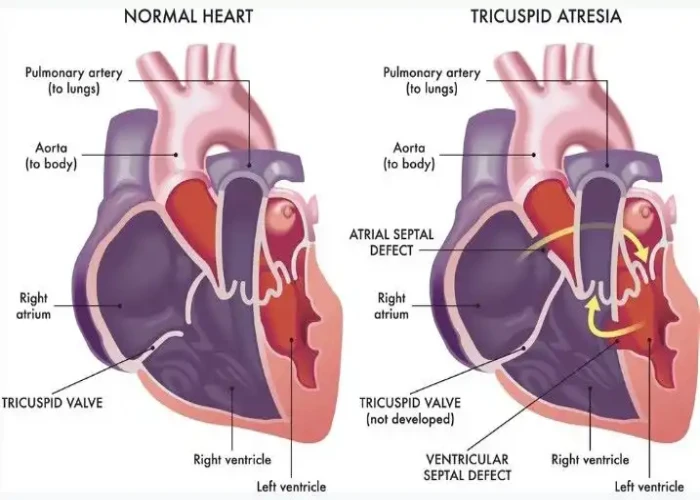
Tricuspid atresia
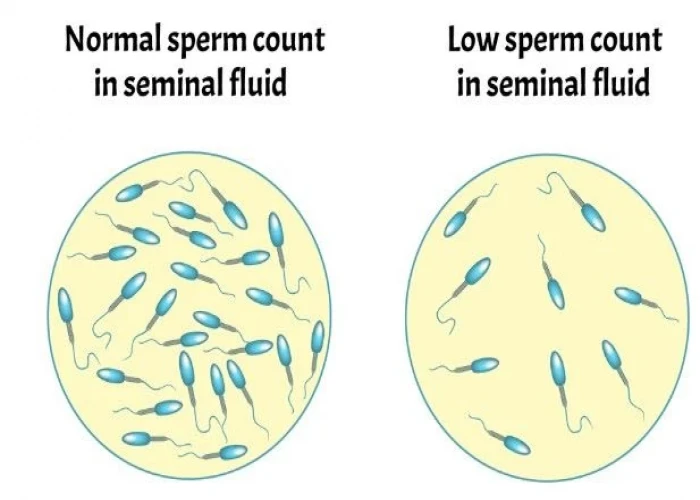
Low sperm count
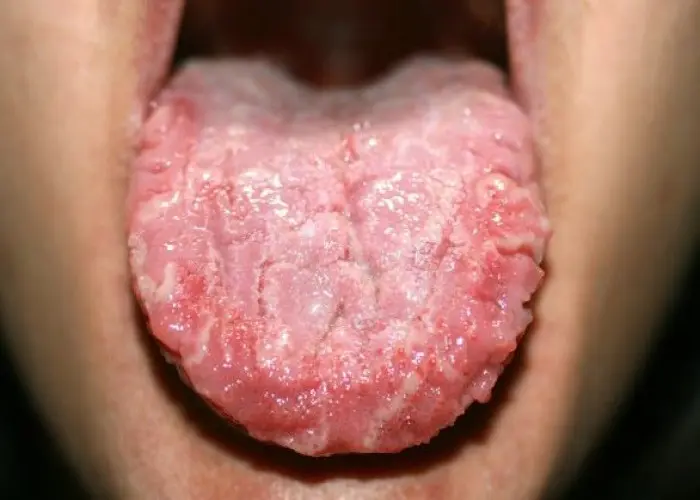
Geographic tongue
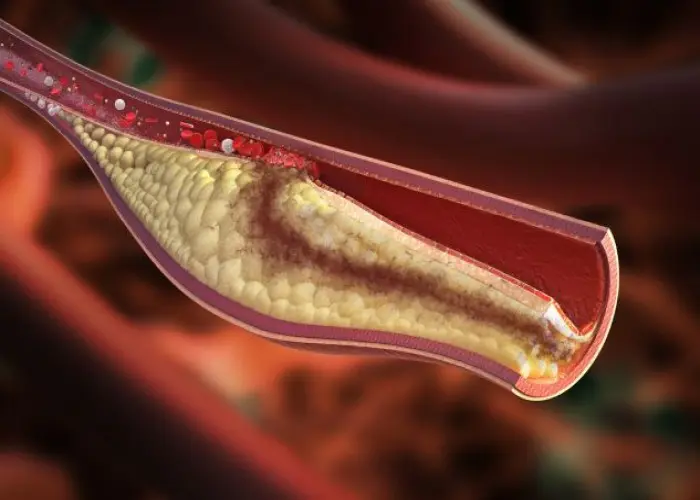
Acute coronary syndrome

Chronic hives

IgA nephropathy (Berger's disease)

Primary immunodeficiency

Acne
Brucellosis, Brucella abortus, ব্রুসেলোসিস
To be happy, beautiful, healthy, wealthy, hale and long-lived stay with DM3S.
